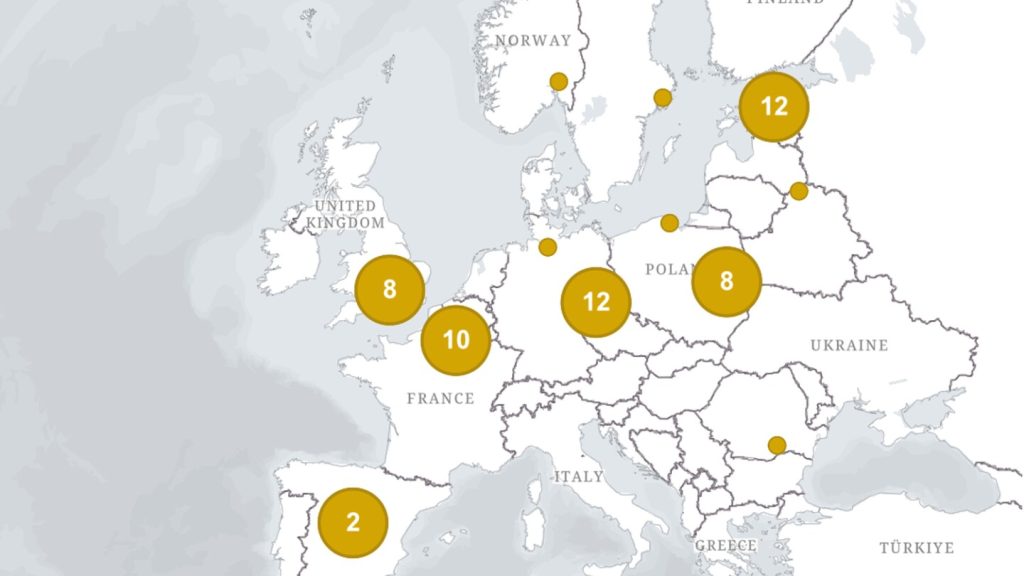Western officials have accused Russia and its affiliates of orchestrating numerous attacks and disruptive incidents throughout Europe since the invasion of Ukraine three years ago, based on information gathered by The Associated Press.
These officials claim that the alleged disruption campaign serves as an extension of Russian President Vladimir Putin’s war efforts aimed at creating disunity within European societies and eroding support for Ukraine.
The AP has recorded 59 incidents where European authorities, including governments, prosecutors, and intelligence agencies, attributed blame to Russia, Russian-connected organizations, or Belarus for a range of activities such as cyberattacks, spreading misinformation, and engaging in acts of vandalism, arson, sabotage, espionage, and even assassination plots since February 24, 2022.
These incidents encompass a variety of actions, from filling car exhausts with expanding foam in Germany to schemes proposing to plant explosives on cargo planes. They also include arson at retail establishments, cyber hacks targeting political figures and vital infrastructure, and espionage operations carried out by a ring convicted in the U.K.
Richard Moore, the head of Britain’s foreign intelligence agency, branded this initiative as a “staggeringly reckless campaign” last November.
Although establishing concrete evidence of Russia’s involvement is often challenging, the Kremlin has denied any sabotage campaign against Western nations. However, an increasing number of governments are publicly attributing various attacks to Russia.
James Appathurai, the NATO official overseeing the alliance’s responses to these threats, indicated during an interview with the AP that the supposed disruption campaign has two main objectives: one aims to generate “political unease” to weaken citizens’ support for their governments, while the other seeks to “diminish support for Ukraine.” Recent incidents mapped by the AP reveal the alarming scale of the suspected campaign, particularly concerning the wavering support for Ukraine from the U.S. and concerns among European allies regarding Washington’s reliability as a security partner.



